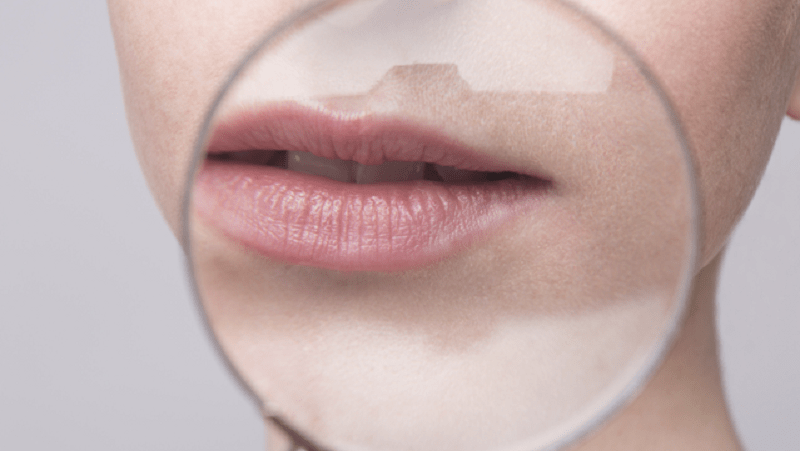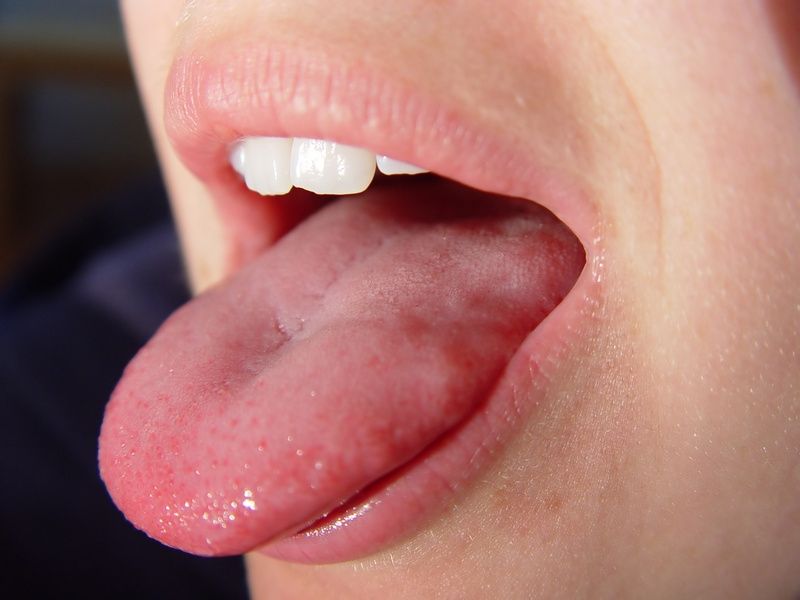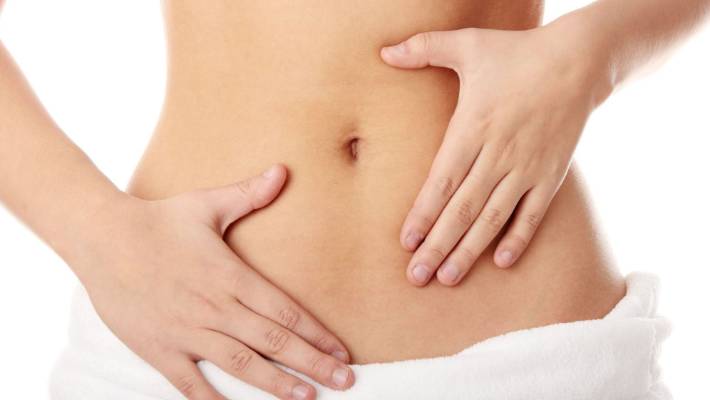
What are the main causes of bad breath? Solve it
Halitosis, also known simply as bad breath, is a condition that, although not serious, causes many problems in relationships with others. Because of this, it has come to be considered a social disease since the sufferer often develops shyness or embarrassment when talking with others for fear of detecting bad breath. Here, we present the causes of bad breath. Read the full guideline and get rid of bad breath.
There is no single treatment for halitosis since it depends on the factor that caused it. Once it is known why bad breath has appeared, the necessary actions can be taken.
Main causes of bad breath
The causes of halitosis are very numerous and varied but here we have selected the ten main causes of bad breath to try to facilitate the diagnosis. In spite of everything, it is always advisable to go to a specialist to confirm why halitosis has appeared. Here, we will discuss:
- Bad breath in the morning
- Food
- Mucus and phlegm
- Systemic diseases
- Dry mouth
- Consumption of tobacco
- Dental prostheses
- Tongue
- Infections in the mouth
- Empty stomach
Bad breath in the morning

It is usual to wake up with bad breath and also having a great sensation of dryness in the mouth. This occurs because, throughout the night, the production of saliva and, therefore, the ability to self-clean the mouth is reduced. Therefore, the bacteria in the oral cavity begin to develop and produce the toxins that cause the bad smell.
To prevent this from happening, or at least to reduce its intensity, the ideal thing is to brush your teeth before going to sleep and then flossing them. In this way, there will be hardly any bacteria left in the mouth that can cause the dreaded bad breath.
The solution to this bad breath is as simple as brushing your teeth when you wake up or after having breakfast to eliminate bacteria.
Foods

There are certain foods that are prone to cause bad breath. To understand what food has to do with the breath, it is necessary to explain that the substances of these foods are absorbed by the blood that in turn takes it to the lungs, from where they exhale towards the exit of the respiratory system, that is to say, mouth.
In this case, therefore, it is not enough to brush your teeth after eating as bad breath will last as long as the substance of those foods remains in the blood. However, taking dairy foods will alleviate the problem for the time being. Some of the foods that cause bad breath are garlic and onion, some types of cheeses or spicy and some spices.
Mucus and phlegm

Some respiratory diseases, especially those that involve a large production of the mucosa, can be the cause of the occurrence of bad breath or halitosis. Bacteria are often attracted to mucous membranes and phlegm, so in cases of sinusitis, colds or allergies, they come to them.
When, as a result of any of these diseases, mucus or phlegm is located in the throat, the bacteria act and bad breath appear.
Systemic diseases

There are other diseases related to organs throughout the body that can cause bad breath although a priori it seems that they have nothing to do. Some examples are:
Diabetes: When diabetes is not controlled properly, the accumulation of ketones in the blood is released through respiration causing halitosis. Also, if the blood sugar level is too high it will attract bacteria as they feed on glucose. The breath will smell like fruit.
Chronic renal failure: 90% of patients with renal failure also have halitosis. When they are not well controlled or diagnosed, the high levels of urea cause the salivary glands not to work well, causing the mouth to dry out and, therefore, the bacteria proliferate releasing the bad smell inside the mouth. The breath acquires a characteristic smell of ammonia or fish.
Liver diseases: Hepatic insufficiency or cirrhosis causes the liver gases to be absorbed by the blood but not metabolized so that they reach the lungs and from there they pass to the respiration. In this case, bad breath is particularly unpleasant because it has a smell similar to that of feces, and may be accompanied by vomiting, especially if there is also an intestinal obstruction.
Dry mouth

Dry mouth is the result of decreased saliva production due to poor work of the salivary glands. The saliva has the function of cleaning the inside of the mouth naturally so that, if not enough is produced, the oral cavity begins to accumulate bacteria and food debris.
There may be several reasons to have a dry mouth, such as poor hydration of the body by not consuming enough water during the day. There are also certain medications that cause dry mouth as well as breathing through the mouth or sleeping with your mouth open. Stress and anxiety also cause dry mouth. Once it has been detected what is the cause, it tries to remedy it.
Tobacco

The consumption of tobacco causes the toxins that the smoke of the cigarette carries directly into the oral cavity. In addition, it reduces the flow of saliva so that the mouth dries, thus damaging its natural cleansing as we have seen in the previous section. Finally, it harms the natural antibodies of the mouth that protect it from the action of bacteria.
In this case, the remedy is very simple, at least in the theory, since it is simply a matter of quitting the habit of tobacco to avoid not only bad breath but all the diseases it can cause. The smell can last even days after quitting.
Dentures

The correct dental hygiene that is always recommended for natural teeth has to be applied in the same way to dental prostheses. It is very easy for traces of food to remain between the teeth, the gums, and the prosthesis. The bacteria will then take advantage to develop and produce the bad smell that will be reflected in the breath.
In the same way that you have to brush your teeth after eating, it is necessary to remove the dental prosthesis after each meal to clean it well and remove the remains of food. In addition, it is necessary to take advantage of to clean the gums and the rest of the oral cavity.
Tongue

When it comes to carrying out oral hygiene, it is easy to forget the tongue even though it is usually one of the most common causes of halitosis since it is where more bacteria accumulate. On its surface not only these bacteria come together but also the remains of food and the post-nasal drip that falls directly on it.
The tongue can be cleaned with the toothbrush making gentle circular movements although it is not the most appropriate tool since it is designed, in effect, for cleaning the teeth. In pharmacies, you can buy tongue scrapers, also called clean tongues, which are objects specially designed for the cleaning of this organ.
Infections in the mouth

Any type of infection that occurs within the oral cavity that can end up causing bad breath. Some examples are the wounds that remain after a surgical intervention such as the extraction of a tooth, mouth sores or decay. Whenever there is an infection inside the mouth, bacteria can act freely and cause bad breath.
For example, gingivitis is a disease that involves inflammation of the gums caused by bacteria that remain inside the mouth due to poor dental hygiene. It is precisely due to this accumulation of bacteria that people suffering from gingivitis usually also have bad breath.
It is usually difficult to eliminate halitosis simply by brushing teeth and dental floss if you have infections so it is best to go to a specialist to put the appropriate treatment.
Empty stomach

empty stomach bad breathAnother cause for bad breath is having an empty stomach, that is, spending too much time without eating any type of food. When not eating, the salivary glands secrete less saliva so the mouth, gums, and tongue do not receive the necessary cleaning to keep the bacteria at bay.
To avoid this, it is convenient to take small snacks between meals, especially if it is fresh fruit, and if for some reason this is not possible, chewing gum can help secrete saliva to activate internal cleansing of the mouth.
Remember that these are the ten main causes of bad breath but there are much more but less frequent. Although we have treated the most common problems, it is advisable to always go to the doctor, especially if the bad breath does not disappear with the usual brushing of teeth and if it is accompanied by a respiratory affection.
If you liked this article on the causes of bad breath, Don’t forget to share.


